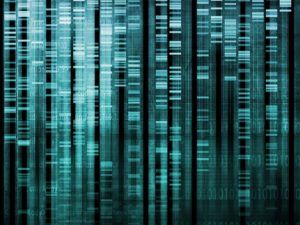https://www.spreaker.com/user/backroomstewdios/ira-pastor-bioquark
Category: genetics – Page 513






2017 SRF Summer Scholars Selfie Video
The SRF Summer Scholars Program offers undergraduate students the opportunity to conduct biomedical research to combat diseases of aging, such as cancer, atherosclerosis, and Parkinson’s Disease. Under the guidance of a scientific mentor, each Summer Scholar is responsible for his or her own research project in such areas as genetic engineering and stem cell research. The Summer Scholars Program emphasizes development of both laboratory and communication skills to develop well-rounded future scientists, healthcare professionals, and policy makers.

Has human evolution reached its peak?
According to a French physiologist, humans have reached the peak of our height, lifespan and physical fitness.
I suspect that from our vantage point (a narrow snapshot of human evolution), we lack sufficient data to arrive this sweeping conclusion. Nevertheless, mainstream media is taking this research seriously.
http://www.newsweek.com/humans-reached-peak-height-lifespan-fitness-741816
Scientists Have Tried First-Ever Gene Editing Directly Inside a Patient’s Body
In a bold first-of-its-kind experiment, scientists have edited a person’s genes directly inside living tissue in an ambitious bid to cure a man of a rare, crippling genetic disorder.
While CRISPR has broken ground in things like editing human embryos and injecting patients with genetically edited cells, this alternative technique pioneers a new real-time approach to infusing a person’s blood with a gene-editing virus.
“For the first time, a patient has received a therapy intended to precisely edit the DNA of cells directly inside the body,” says CEO of Sangamo Therapeutics, Sandy Macrae, whose company is testing the experimental procedure.